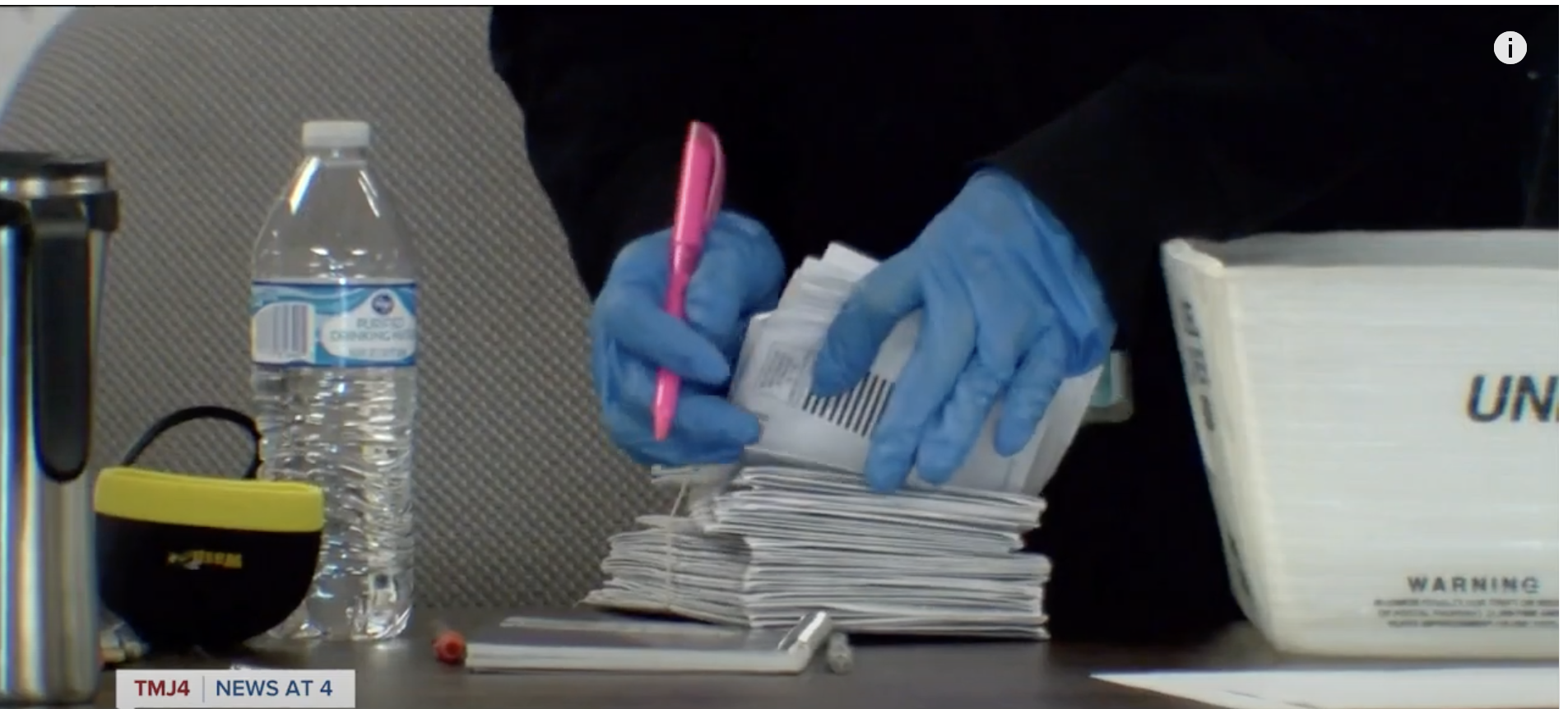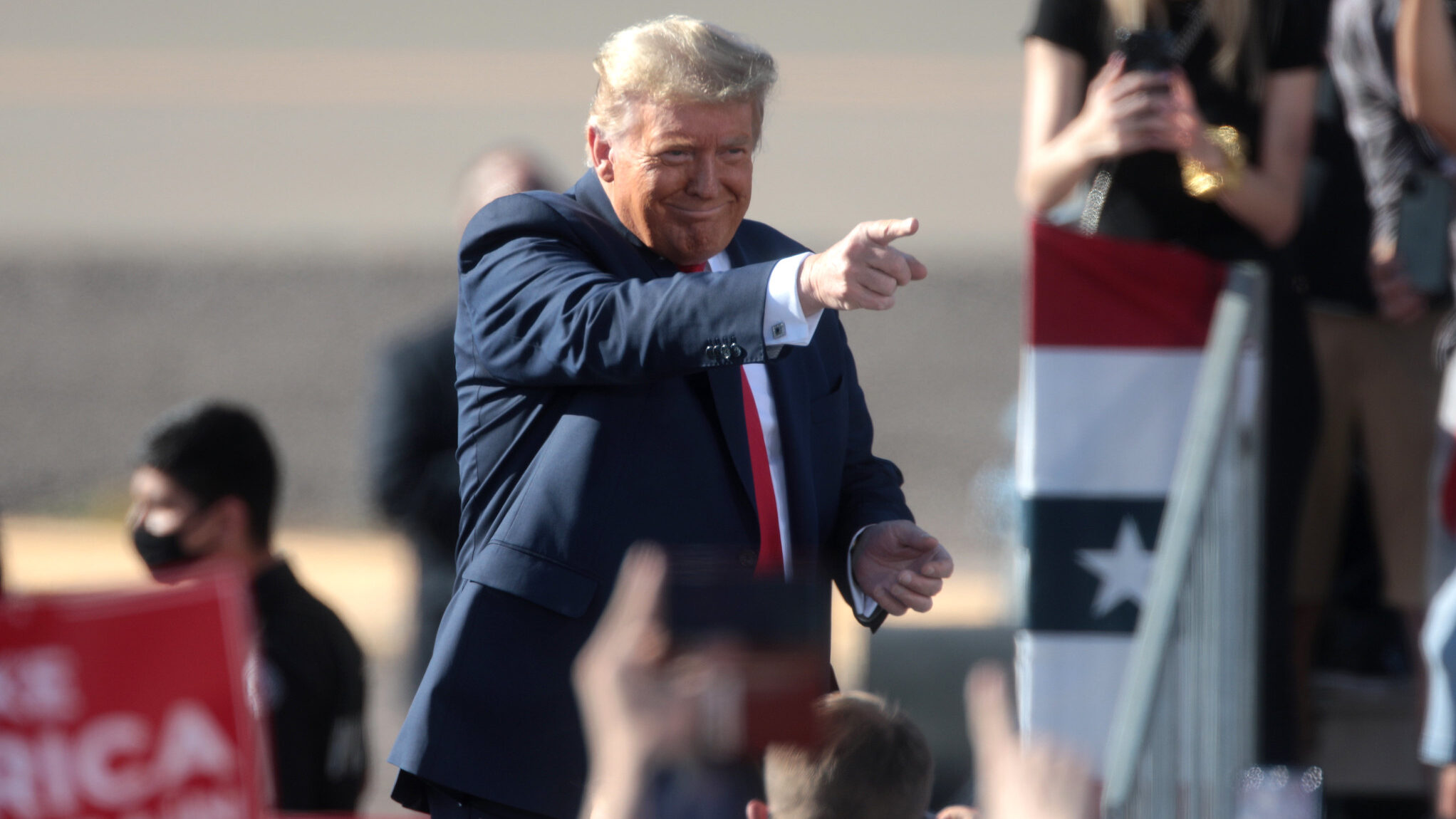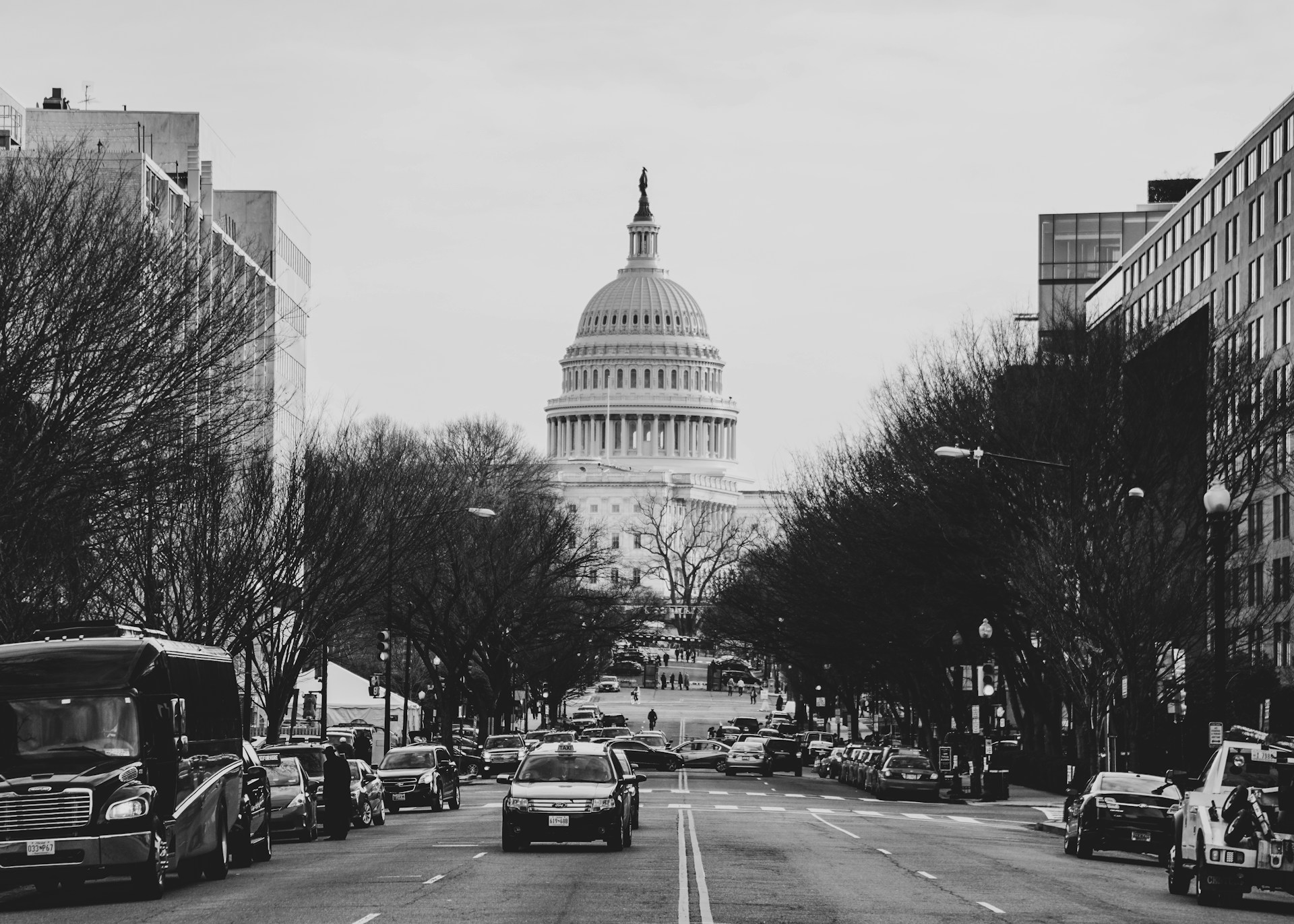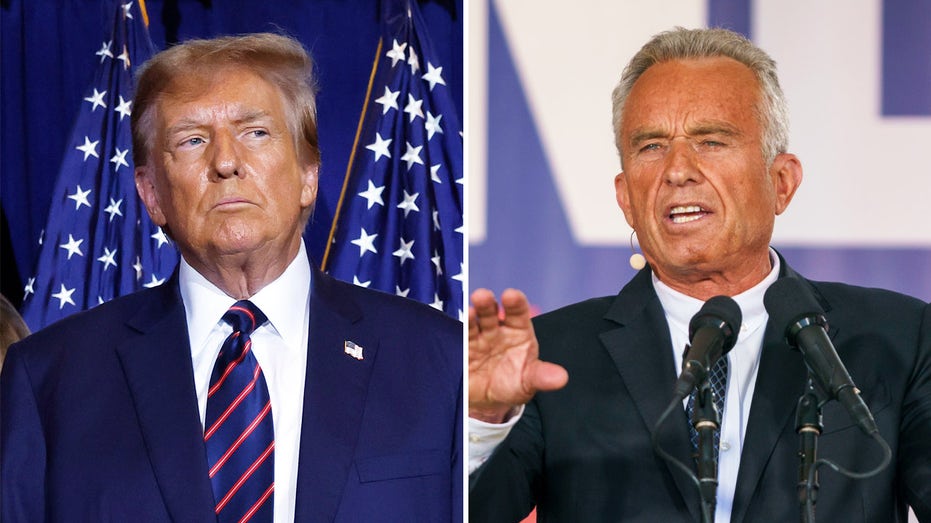
The greatest border crisis in U.S. history grinds on, with an estimated 8 to 10 million illegal foreign nationals entering the country since Joe Biden became president in 2021 and stopped enforcing border security. As hundreds of thousands are offered federal benefits, asylum, or Social Security numbers for work permits, what are the chances they will flow onto voter rolls illegally ahead of the 2024 election?
An accountant’s answer might apply: Highly likely; it also depends.
It is up to states to remove ineligible voters from registration lists by going back to the root of the illegal registration: their departments of motor vehicles (DMV). Since it was enacted in 1993, the National Voter Registration Act (NVRA), “Motor Voter,” has expanded voter registration by integrating it with driver license issuance. It also created a cascade of noncitizens flowing onto voter rolls.
Many on the left claim it’s illegal for noncitizens to register to vote and to cast ballots, so that’s that. But when millions are opted into registration automatically in at least 44 states — even if they check “no” on the citizenship question — it is up to states to check on their citizenship status.
Many states do use “legal presence” codes provided by the DMV to check. Arizona has been using the DMV data since 1996 to at least filter out noncitizens for state elections. More states could do the same, and come into compliance with two key pillars of motor voter: maintaining accurate rolls and making that data available to the public.
Biden Push to Register Left-Leaning Voters
Since the Biden administration rolled out Executive Order 14019, which commandeers political appointees in federal agencies to get into the business of registering voters at taxpayer expense, voter disenfranchisement concerns have skyrocketed among election-security groups around the country.
That’s with good reason. Many states refuse to comply with section 8 of NVRA and reveal to the public their process of removing ineligible voters from their rolls. Pennsylvania admits to “accidentally” registering some 90,000 noncitizens via motor voter automated registrations.
Pennsylvania legislators and civic groups are in litigation over the plan and asking the Supreme Court to review the constitutionality of the executive order over its apparent intent to target Democrat-leaning populations with registration materials, pushed by political appointees whose job depends on who is in the White House. Nongovernmental organizations (NGOs) have also been caught handing out registration materials to the flood of migrants they are helping to enter the country illegally.
Virginia’s Positive Example
Virginia’s election officials have confirmed they are now adding a validation check against DMV’s legal presence codes as part of a modernization program the state launched after it exited the controversial Electronic Registration Information Center (ERIC) in 2023. As The Federalist reported in March, “the multi-state voter roll maintenance partnership has been criticized for pushing expansive voter registration efforts, particularly a requirement that member states reach out to ‘eligible but unregistered’ voters (EBUs) from lists compiled by ERIC.”
The problem is, many of the EBUs that ERIC-member states are required to send registration materials have already declined to register — because they are not citizens. In Virginia, Public Interest Legal Foundation (PILF) discovered that Virginia had to filter out more than 168,000 ineligible voters from its “unregistered but eligible” (UBE) list, thanks to DMV “legal presence” codes.
PILF’s research found similar problems in Colorado, which sent registration cards to more than 30,000 foreign nationals from ERIC’s UBE data that comes in from sources such as DMV’s motor voter. ERIC’s refusal to reform this flaw in mailings was one of many reasons at least eight states have left the pact.
States can do more to fix the DMV glitch that automatically sends noncitizens to voter rolls via DMV records, and for general maintenance of the rolls. Once it receives “no” answers to the citizenship question on motor voter registration data, Virginia now cross-references the list with the Systematic Alien Verification for Entitlements (SAVE) database of immigration status operated by U.S. Citizenship and Immigration Services.
House to Put Members on Record
House Speaker Mike Johnson, R-La., has complained for years about noncitizens voting in elections after they were added to voter rolls through “motor voter.” He recently announced he would introduce legislation requiring documentation of citizenship to register to vote, which would entail cross-checks with the SAVE database.
In a world of Big Data, states have an expanding array of sources available to check the accuracy and legitimacy of voter registration data. For example, Virginia cross-references death records with the Social Security Administration and nonprofit health information hub Naphsis, which helped it identify and remove more than 18,000 deceased voters that had accumulated on the rolls for years.
Also, when Virginians move away from the Old Dominion, at least 40 states send driver-license surrender information back to Virginia’s Department of Elections to update its rolls.
Noncitizens Do Vote
Although corporate media outlets claim (without citation) that noncitizens voting illegally “almost never happens,” Virginia’s Department of Elections’ records show that they do. Recent data from monthly maintenance records show at least 1,481 unique registrations were removed from voter rolls so far this year with the reason code: “Declared Non-Citizen.”
They left a history of disenfranchising legal ballots. Before the voter rolls were scrubbed, voting records show 838 associated ballots were cast going back to 2019.
Asked if it had received any criminal referrals from the localities where the illegal ballots were cast for years, Virginia’s attorney general’s office replied it had received none. Virginia has removed more than 11,000 noncitizens from voter rolls in the past decade, according to PILF.
Research from PILF shows that permanent residents (“green card” holders) are the most likely to end up on voter rolls from automated motor voter registrations. The next highest group they cite are noncitizens who overstay their student visas. Foreign nationals who have already broken the law by coming into the country illegally rank as the third most likely group to end up on voter rolls via soft spots in voter-registration programs once they receive a work permit.
Chris Rohland, a voter-technology researcher for a voter nonprofit in Virginia, says the responsibility for checking on eligibility really falls to the local county registrar.
“As I look at [software] logs for the pollbooks, I do see registration information at different points of time in the logs,” he says. “Right now, the pipeline of voter data comes in from DMV, then flows into the statewide voter registration system (known as VERIS). That data is sent to a ‘hopper’ in every locality of Virginia. And that is generally where all the voter ID assignments are made,” Rohland noted.
At that point, “What mechanism exists to verify citizenship?” Election-security groups have an answer: They can start by checking DMV legal presence codes.
















